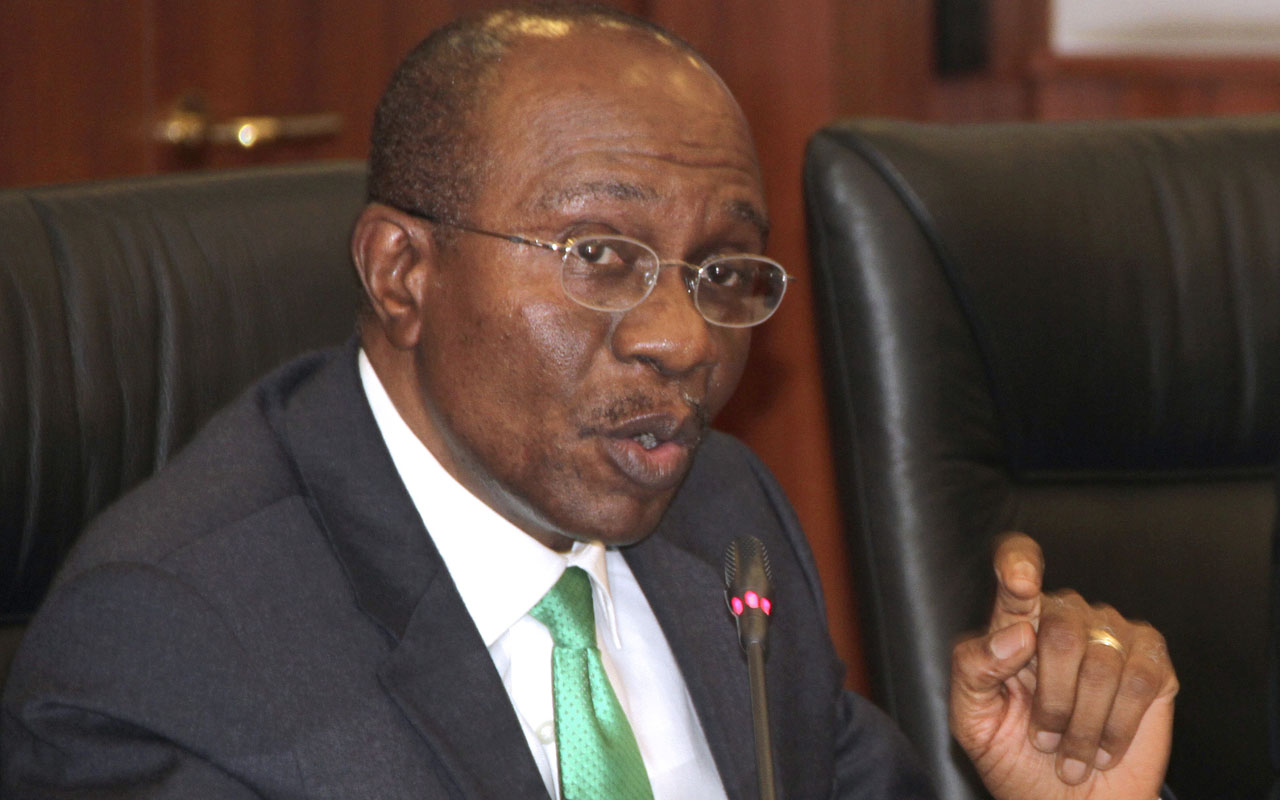Rising from its 257th monetary policy committee (MPC) meeting Tuesday, the Central Bank of Nigeria (CBN) voted to hold all policy rates, just as the governor, Godwin Emefiele warned of a possible return to negative growth in the second half of the year if fiscal stimuli are not activated immediately.
The governor while briefing the media on the outcome of the meeting specifically said that Nigeria risks another recession as leading indicators are pointing to a fragile recovery of output growth over the remaining part of the year.

“Indeed, the risk facing the domestic economy remains in two folds (i.e. price and output), with leading indicators pointing to a fragile recovery of output growth over the remaining part of the year. Thus, monetary and fiscal policies must remain harmonised to sustain expected recovery,” he said in a monitored CNBC Africa broadcast.
Emefiele said the MPC members were faced with the choice of either maintaining status quo or easing monetary policy, that amid strong arguments for both positions, the choice to support growth without jeopardising recent gains around prices (including exchange rate) culminated into a decision (6 to 2 votes) of holding policy rates constant.
To this end, monetary policy rate (MPR) was held at 14 percent with an asymmetric corridor around the MPR at +200/-500 basis points, while cash reserve ratio (CRR) and liquidity ratio (LR) were held at 22.5 percent and 30 percent respectively.
See also: Nigeria’s current account surplus seen dipping to 1.2% in 2018 on expected build-up in imports
Emefiele noted that the MPC considered developments in the global and domestic economy since its last meeting, including headwinds confronting global growth amid tightening monetary stance in the U.S., downward trend in global inflation, and volatility in global crude oil market before arriving at a decision.
Other developments considered were slower contraction in the domestic economy (GDP contracted by 0.52% y/y in Q1-2017), continued drop in domestic headline inflation rate in June (at 16.10% y/y) – noting the still-high food prices, which the MPC expects to moderate in Q3 – and relative improvement in the forex space, heralding stability of the average naira exchange rate across various segments of the market.








